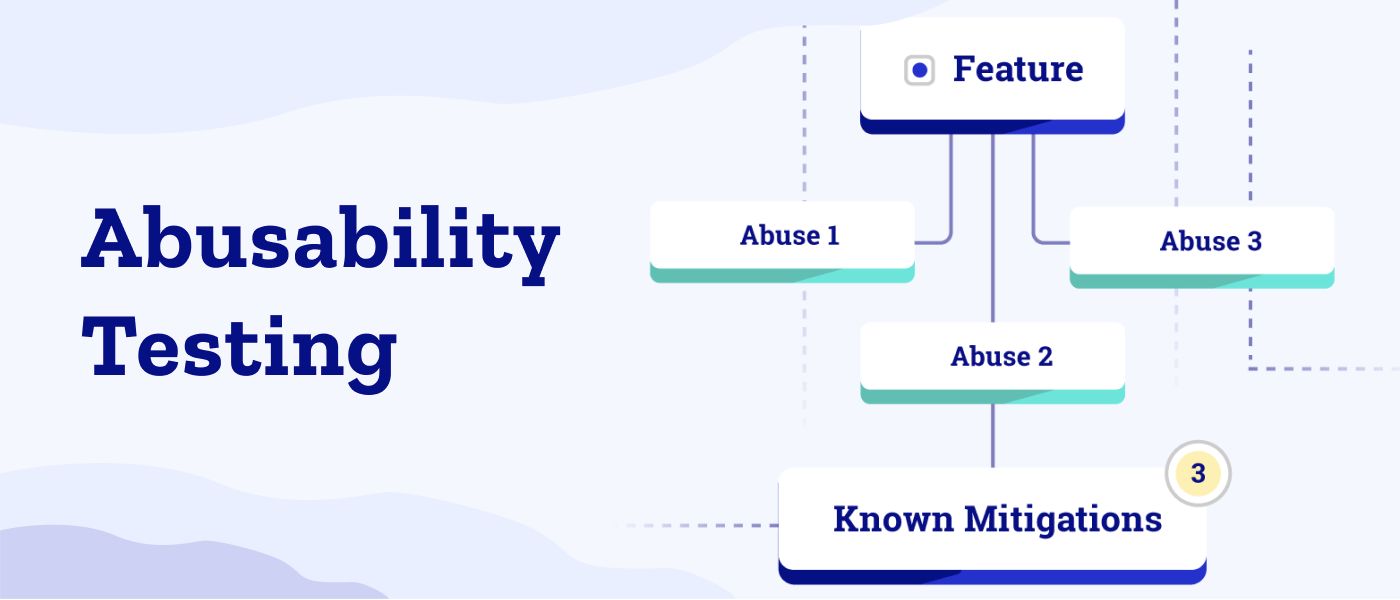660 reads
What is Abusability Testing and Why is it Necessary?
by
October 22nd, 2020
Co-founder of the Mobius Project. Interested in civic tech, the future of social, and fixing bad things Online.
About Author
Co-founder of the Mobius Project. Interested in civic tech, the future of social, and fixing bad things Online.
